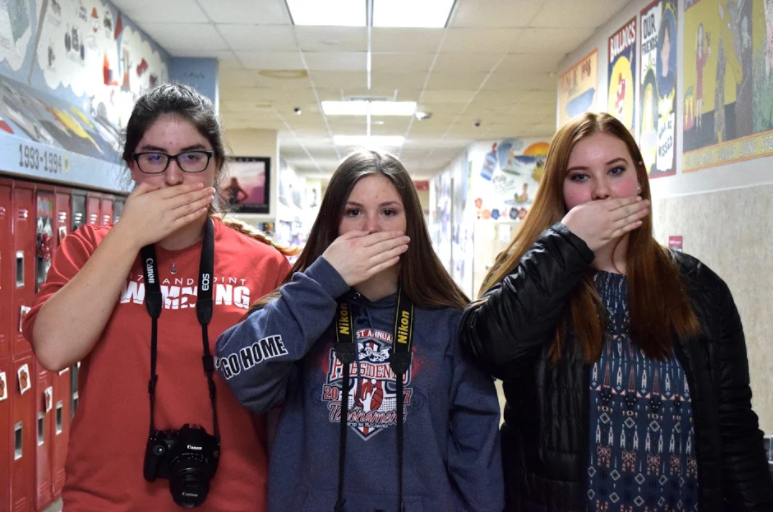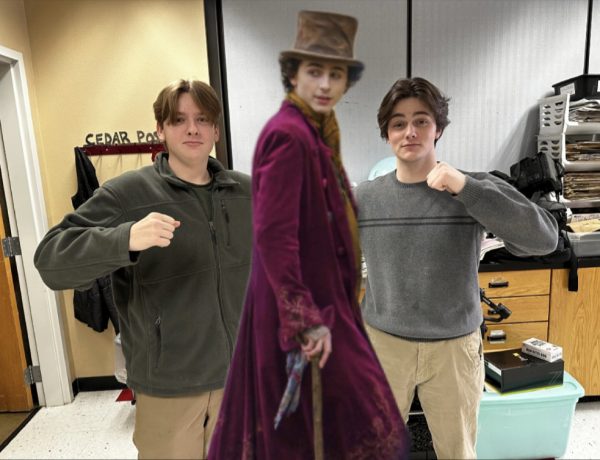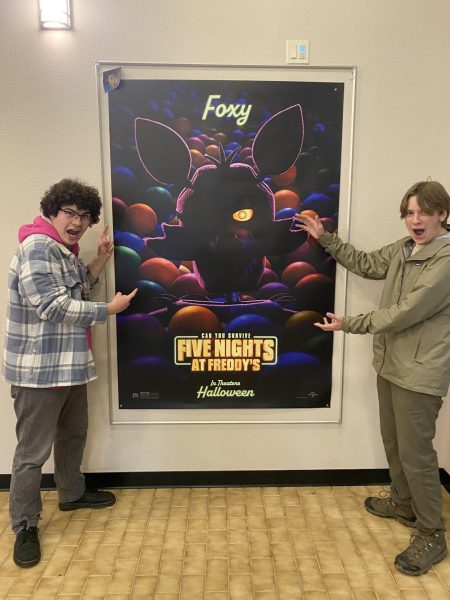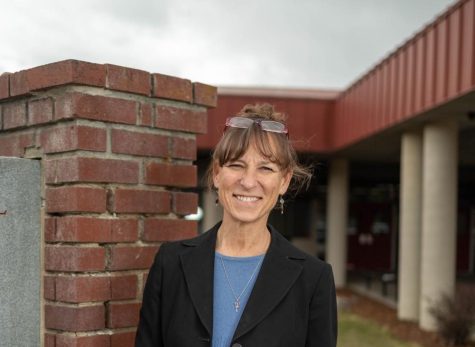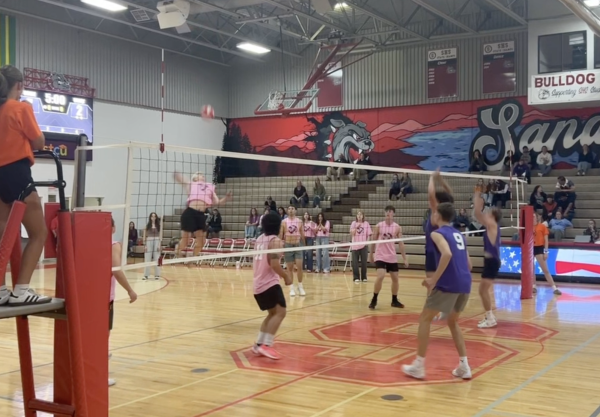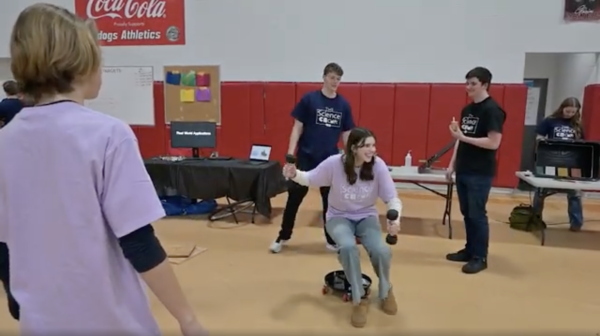SENIOR PROJECT CONTROVERSY
Should certain topics be banned?
To the dismay of many students, the SHS administration announced a number of topics banned for the senior projects. Most were highly controversial issues such as the death penalty, abortion, legalization of marijuana, same sex marriage, and religion. Was it ethical to limit the academic freedom of students, from controversial issues specifically?
When asked why the administration felt this was justified, Mr. Albertson said that he wanted students to do their projects on a topic within their career field. While this is understandable, only AP students reported being told this. Most of those in regular English classes did projects on current events, yet were banned from some of the most important topics.
Senior Orion Davis wanted to do his on the legalization of marijuana and was disappointed when he found out he couldn’t.
“I wanted to do something I was passionate about and I was denied because so many people have done it before and I almost felt that that was discouraging to do the project at all,” Davis said.
He said if teachers want students to care about their projects, they should let students do what they want, something they’re passionate about.
“When they say you can’t do certain subjects…it’s almost like they’re being hypocritical,” Davis said.
Albertson said he isn’t completely opposed to the discussion of marijuana, but that it has to be done in a specific way in order to keep the presentations appropriate for connections. Often times topics that are good for discussion among seniors in government class, aren’t appropriate for seniors to present to freshman. Albertson says he proposed an option that still allowed students to write their research paper on difficult subject matter.
“I don’t want to censor their paper because that’s their own work and they can absolutely argue a point and having the supporting documents for that paper,” Albertson said.
However, with this option the presentation portion would be a more audience-friendly version of the topic. This seems like the best of both worlds, but unfortunately seniors weren’t directly told about this option and were forced to choose tamer issues.
While administration tried to offer a solution, most students just felt that their voice had been silenced and that their opinions didn’t matter.
“I think it’s important in a democracy to raise a generation of people who can debate challenging topics with poise and grace and respect for one another and if we’re denied the opportunity to practice that then it will explain further polarization in our politics,” Catherine Brenner, senior, said.
In order to be truly educated we need know how to research and talk about difficult topics, especially those we don’t agree upon.
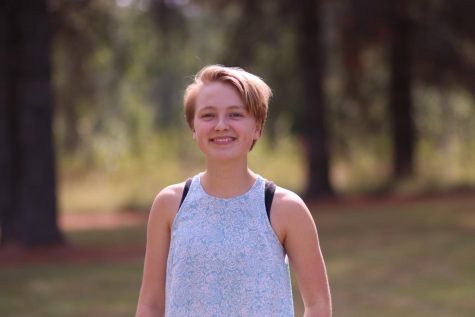
Shelby Dorman is a senior and it is her first year on staff. She is part of the web staff.

